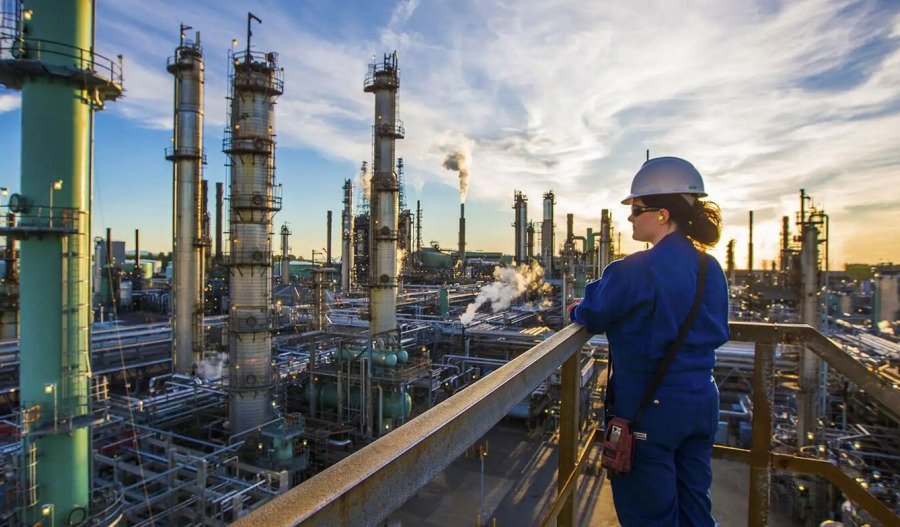British multinational oil and gas company BP’s sale of Castrol is drawing interest from private equity firms and energy giants, including China’s state-owned investment company Citic, but bids are falling below the expected US$8 billion (A$12.4 billion) valuation, according to The Financial Times.
However, bids are reportedly between $8 billion and $10 billion, not necessarily below the $8 billion mark.
Reliance Industries (NSE: RELI), Saudi Aramco (TADAWUL: 2222), Apollo Global Management (NYSE: APO), and Lone Star Funds are among the potential buyers.
Analysts warn macroeconomic uncertainty and BP’s debt levels could impact the final sale price.
The lubricants unit, acquired by BP in 2000 for £3 billion (A$6.27 billion), remains a key asset despite the company’s broader divestment strategy.
BP launched a strategic review of Castrol in February 2025, signaling its intent to offload the business.
By late May, Goldman Sachs had been appointed to manage the sale, with BP targeting up to $10 billion as part of a broader $20 billion divestment plan.
The company has already signed agreements for $1.5 billion in asset sales, including stakes in solar energy firm Lightsource BP and its Gelsenkirchen refinery.
The Castrol sale is expected to be one of BP’s largest exits in recent years, attracting global bidders seeking stable cash flows.
Despite early interest, BP faces challenges securing a premium valuation for Castrol.
Market expectations initially ranged between $12 billion and $13 billion, but analysts are now predicting a lower price due to economic headwinds. Current expectations are between $8 billion and $10 billion.
BP’s debt reduction strategy hinges on successful asset sales, yet leverage remains high compared to its industry peers. The sale’s outcome will be closely watched as BP recalibrates its portfolio under CEO Murray Auchincloss.
BP’s broader restructuring includes scaling back renewable investments while doubling down on traditional hydrocarbons.
Elliott Management pressured BP to tighten capital discipline and improve operational efficiency.
The Castrol sale aligns with BP’s shift toward core energy assets, but bidders remain cautious amid valuation concerns.
As negotiations unfold, BP’s ability to secure a strong deal will shape its financial trajectory in the coming years.
At the time of writing, the share price of BP plc (LON: BP) was £359.82, up £1.82 (0.51%) today. It has a market cap of around £57.26 billion.



